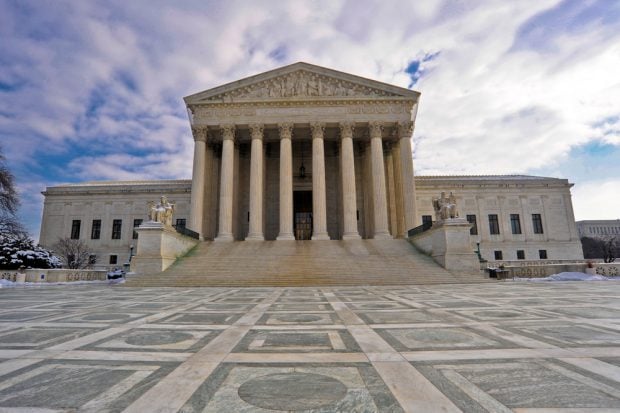 In an op-ed piece published in the St. LouisPost-Dispatch April 10, NCUA Chairman Debbie Matz laid out her reasons for keeping big banks in theircurrent form, noting these reasons are spelled out in theDodd-Frank Act.
In an op-ed piece published in the St. LouisPost-Dispatch April 10, NCUA Chairman Debbie Matz laid out her reasons for keeping big banks in theircurrent form, noting these reasons are spelled out in theDodd-Frank Act.
Matz wrote that breaking up big banks is not the right answer,given the current economic climate. Breaking up big banks puts theprogress made by the Financial Stability Oversight Council andother federal regulators at risk, she argued.
|Through the Dodd-Frank Act, regulators were given new powers tomonitor the health of financial institutions, she said. Thosepowers aimed to reduce threats to the financial system by raisingcapital requirements for big banks, as well as restricting certainhigh-risk practices and unwinding failing institutions.
|She added that it's hard to see how arbitrarily capping banksize would further reduce risks. Focusing on size alone mightintroduce new risks, creating instability within the financialsystem – the very problem that Congress designed Dodd-Frank toprevent, she noted.
|Matz stated that by doing so, it would be possible to get ahandful of new firms lurking just below the asset cap, instead ofmany new small institutions. Those firms would likely developstrategies to circumvent the size limit in substance while adheringto it in form, she said.
|“If that happens, we'll end up with a system that has more risksand less transparency,” she said.
|Addressing critical and practical questions on how to break upthe big banks, she asked several pointed questions in the piece onwhat would happen financially as well as to consumers should bigbanks be broken up.
|She also said as a failsafe, Dodd-Frank already gives regulatorsthe power to force big banks and other systemically importantinstitutions to divest assets if they pose a grave threat to thefinancial stability of the United States. Used appropriately, thisregulatory tool is more effective than imposing an arbitrary cap onbank size, she noted.
|While she also pointed to the necessity for large banks toprepare living wills as a result of the Dodd-Frank Act, the HouseFinancial Services Committee is considering a bill for markup onApril 13 that would repeal that portion of the act. Several billshave been moved out of the committee to weaken the very bill thatMatz praised in her article.
|“Let's continue our regulatory progress,” Matz concluded. “Let'sensure that all Americans have access to safe, secure financialservices. Let's guarantee that taxpayers never again have to bailout our banking system. Reform, not revolution, is what gets usthere safely.”
Complete your profile to continue reading and get FREE access to CUTimes.com, part of your ALM digital membership.
Your access to unlimited CUTimes.com content isn’t changing.
Once you are an ALM digital member, you’ll receive:
- Critical CUTimes.com information including comprehensive product and service provider listings via the Marketplace Directory, CU Careers, resources from industry leaders, webcasts, and breaking news, analysis and more with our informative Newsletters.
- Exclusive discounts on ALM and CU Times events.
- Access to other award-winning ALM websites including Law.com and GlobeSt.com.
Already have an account? Sign In
© 2024 ALM Global, LLC, All Rights Reserved. Request academic re-use from www.copyright.com. All other uses, submit a request to [email protected]. For more information visit Asset & Logo Licensing.









